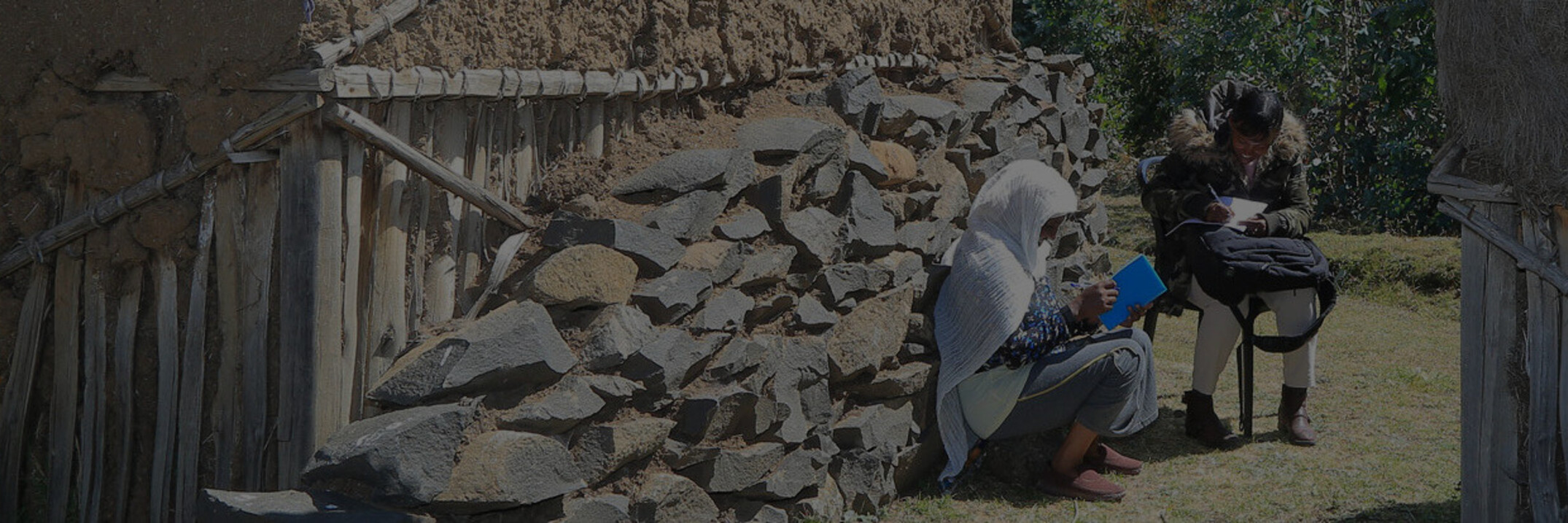


Author(s): Daniel Amoak1 and Dina Najjar2
1 Department of Geography & Environment, Western University, Canada
2 Social, Economics and Policy Research Group, International Center for Agricultural Research in the Dry Areas (ICARDA), Rabat, Morocco
Although livelihoods within agrifood systems (AFS) are generally vulnerable to the impacts of climate change, women bear a disproportionate burden from rising climatic stressors. In agrarian regions in the Global South, women face unique and intersectional vulnerabilities that limit their voice in governance and decision-making processes. This, in turn, impedes their ability to participate in and benefit from the food system. Addressing these vulnerabilities is crucial for promoting women’s empowerment, enhancing climate resilience, and ensuring food security at various levels, with a particular focus on community-level participation in AFS. This policy brief highlights existing evidence on barriers women face in AFS governance and known approaches that can be scaled up to improve women’s voice and agency in climate-relevant AFS governance.
Amid rising intensity and frequency of climatic stressors in the Global South, mitigating the effects of agricultural production on climate change and increasing the resilience of farmers and farming practices to the effects of climate change will be central to ensuring future global food security (Wheeler and Von Braun 2013; Woodhill et al. 2022). Both mitigation and adaptation raise key governance challenges, such as resolving collective action dilemmas, addressing externalities of activities of individual entities on systems, and making at-scale investments in climate-resilient infrastructure. Thus, governance—the systems and processes through which decisions within a community are made and implemented—will be critical for securing AFS through climate change.
Neither the climate crisis nor existing governance systems are gender-neutral. There exists an imbalance between men and women in their access to decision-making authority, knowledge, abilities, assets, and networks, leading to gender-based differences in environmental risk exposure and susceptibility (Awiti, 2022; Grillos 2018). Yet, women face unique and intersectional vulnerabilities that limit their voice in governance and decision-making processes. The absence of greater participation of women in governance can result in policies and solutions that do not effectively address their needs and interests. Similarly, women’s minimal oversight and representation in community-level leadership can result in lower levels of participation.
Addressing women’s inequitable participation in AFS governance at the community level is paramount for several reasons. The community level is where strategies for sustainable agricultural practices, resource management, and food security are devised and executed (Doustmohammadian et al., 2022). Furthermore, this community-level participation enables the equitable sharing of resources and responsibilities, ensuring that women have equal access to vital assets and opportunities, which, in turn, can lead to enhanced agricultural productivity, economic empowerment, and the overall well-being of communities.
Based on the existing scientific evidence, we identified the barriers that hinder women’s participation in AFS governance at the community level. Additionally, we highlight community-driven interventions that engage, benefit, and empower women to participate and benefit from AFS governance.

The best practices that improve women’s voice and agency in AFS governance meet the following criteria: consideration of women’s perspectives, potential enhancement of their welfare through these measures, their capacity to shape decisions, and the potential for broader societal changes.
Click on a circle to see details with links to relevant studies.
Click on the constraints and interventions below to see how they link with each other.
© 2026 International Center for Agricultural Research in the Dry Areas (ICARDA)